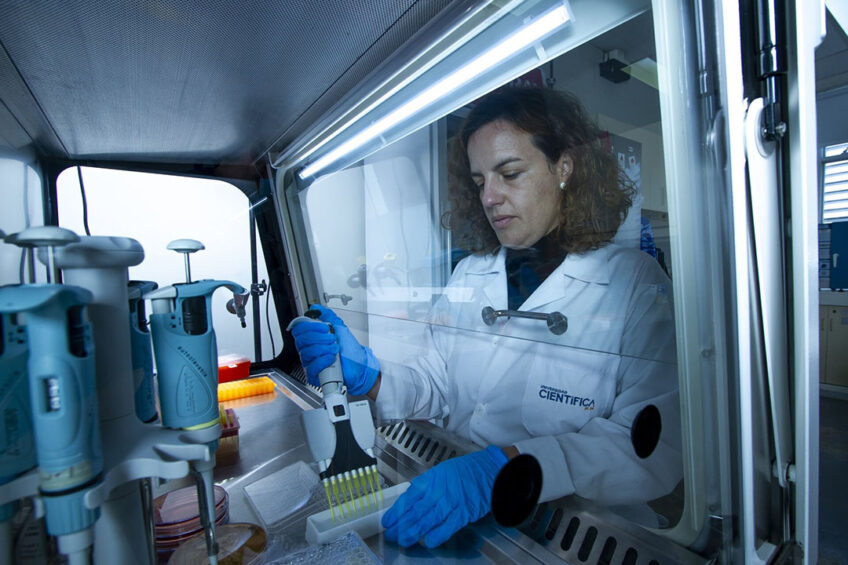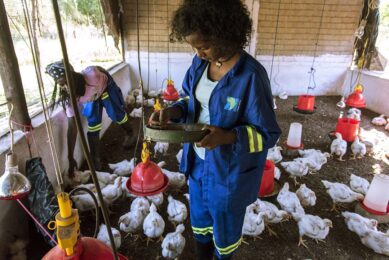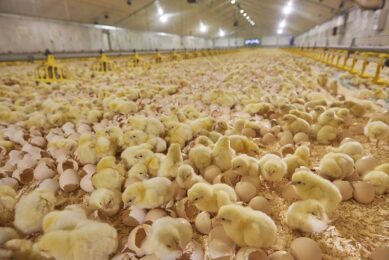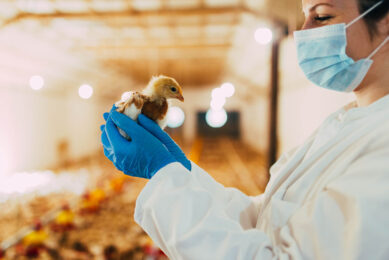Resistant bacteria discovered in chickens in study in Peru

A group of Peruvian researchers have detected increased microbial resistance in samples of chicken and beef in markets of Lima city, the capital of the Latin-American country.
The project, ‘Antimicrobial Resistance Surveillance: One Health Vision’, detected 76% colistin-resistant strains in chicken samples taken from retailers in the Villa El Salvador neighbourhood.
The WHO (World Health Organization) ranks antibiotic resistance as one of the 10 biggest threats to health on the planet.
Financed by Prociencia, the World Bank Group and Scientific University of the South (UCSUR), the initiative measured microbial resistance in different environments (hospitals, water and markets).
One of the top 10 threats to health
Antibiotic resistance is a problem of global priority because it limits treatment options for infections in humans and animals, increases therapy costs and mortality and can create super bacteria. The WHO (World Health Organization) ranks antibiotic resistance as one of the 10 biggest threats to health on the planet.
The problem was verified in samples of human origin, food (beef and chicken) and wild birds that had bacteria, including E. coli, Klebsiella pneumoniae, Acinetobacter baumannii, Pseudomonas aeruginosa and Salmonella enterica.
Antimicrobial use: The outlook to 2030
This article looks at how future levels of resistance to antibiotics can be extrapolated from today’s usage patterns, and how stewardship can be best managed. Read more…
These microorganisms cause some types of infections in humans, such as diarrhoea, pneumonia, meningitis, urinary infections, among others, and increased resistance may be a big issue for many patients.
“We were taken by surprise…”
“We did a randomised study on pieces of meat (chicken and beef) from different stalls. We isolated bacteria, mainly by finding E. coli, and looked at their levels of resistance to antibiotics. We were taken by surprise to find that not only the resistance level was high, but also against colistin, the last treatment option,” alerts Maria Pons, project leader and researcher at UCSUR.
According to the study, 21 samples of food presented 36 strains of Escherichia coli of which 26 were resistant to colistin. This antibiotic is a growth promoter still used for different animal chains around the globe, including in the poultry industry.
Ban on colistin
However, Peru prohibited the import, manufacture and sale of veterinary products that contain colistin in 2019. One of the reasons was patients drug-resistant to E. Coli treatments at hospitals in Lima, Callao, Junín and Madre de Dios in previous years.
Antimicrobial stewardship needs constant attention
Further studies on the impact of antibiotic reduction strategies and how they impact the resistance of important organisms are needed, according to leading UK poultry vet, Daniel Parker. Read more…
The project involves specialists involved in human medicine, biologists, veterinarians, environmentalists and bioinformatics. One of the main objectives is to identify and georeference the high-risk strains circulating in the study area covering Chorrillos and Villa El Salvador.
The project takes the ‘One Health’ approach, which includes the analysis of several factors in a place, that is, people, animals and the environment. With the project results, the main ways of dissemination of these resistant bacteria will be identified in order to propose control and mitigation measures to tackle this serious problem.
Join 31,000+ subscribers
Subscribe to our newsletter to stay updated about all the need-to-know content in the poultry sector, three times a week. Beheer
Beheer








 WP Admin
WP Admin  Bewerk bericht
Bewerk bericht